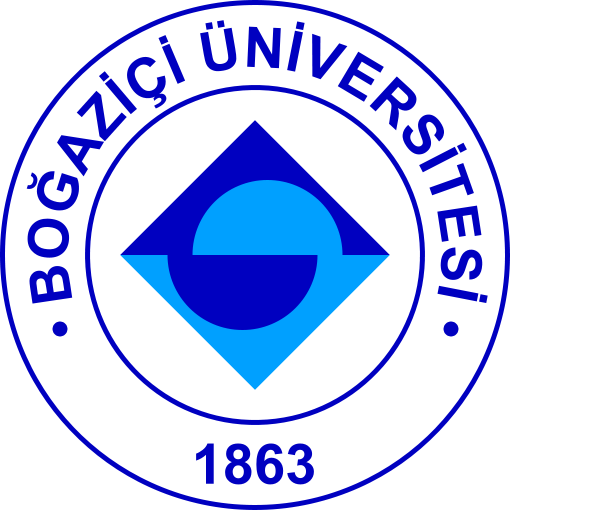IE 486 - Flexible Manufacturing Systems
Instractor: Ümit Bilge (ext. 7071)
Class/PS Schedule:2 h/week regular classes, 2 h/week laboratory study.
Course Description
This course focuses on modeling and simulation of flexible manufacturing systems and aims to introduce the students to the research conducted in BUFAIM- Flexible Automation and Intelligent Manufacturing Laboratory. After providing an understanding of the nature and context of flexible manufacturing systems, their components and the real-time operational decisions required for controlling such systems, the focus is set on the FMS simulator software developed and used in BUFAIM together with potential research areas. Using object oriented (OO) methodology the software is analyzed using reverse engineering approach and students are asked to design and implement some new features and enhancements that will give the software new directions for potential research. Students (individually or in teams) are expected to analyze the given case, come up with a good OO design, implement, verify and document their software, and present it.
Textbooks & Other Required Material:
Class notes, assignment information handouts, assignments, and other material will be available as softcopy at the beginning of the term. The following will be reserved at the Library for reference:
- Selected journal papers
- FMS.NET Documentation, BUFAIM 2008
- M. Gonen. BUILD.NET: A Graphical Application Generator for Object Oriented Software and Sample Applications, Ms.Sci. Thesis, 2005.
- D. Dogan. An Object Oriented Test-Bed for Automated Guided Vehicle Systems, Ph.D. Thesis, Bogazici University, 2001.
- N.Singh, Systems Approach to Computer Integrated Design and Manufacturing, J.Wiley and Sons,1996 . (reference)
Course Objectives and Their Relationship to Program Outcomes:
- To introduce and discuss flexible manufacturing concepts;
- To have the students gain insight about the state-of-the-art research areas related to FMS and real-time shop floor control;
- To emphasize independent thinking as well as team work and facilitate the appreciation of the academic research;
- To have the students gain advanced skills in OO methodology and state of the art programming (C#);
- To have the students gain advanced skills in modeling, design and simulation of complex systems.
Topics Covered
2. Introduction to programming with C# (6 classes)
3. Shop Floor Control (2 classes)
4. Simulation Software: Introduction and overview of FMS.NET architecture (2 classes)
5. Simulation Software: Object Model (2 classes)
6. Simulation Software: Sequence diagrams (8 classes)
7. Simulation Software: Decision logic (4 classes)
8. Simulation Software: On-line statistics collection (2 classes)
9. Project: Problem definition and requirements analysis (4 classes)
10. Project: Design and development meetings (18 classes)
Assignments, Project and Grading
Project content: 35 %
Documentation: 20%
Presentation: 15 %

